
Our Town (1996) at Township Center for Performing Arts (Coconut Creek, FL).
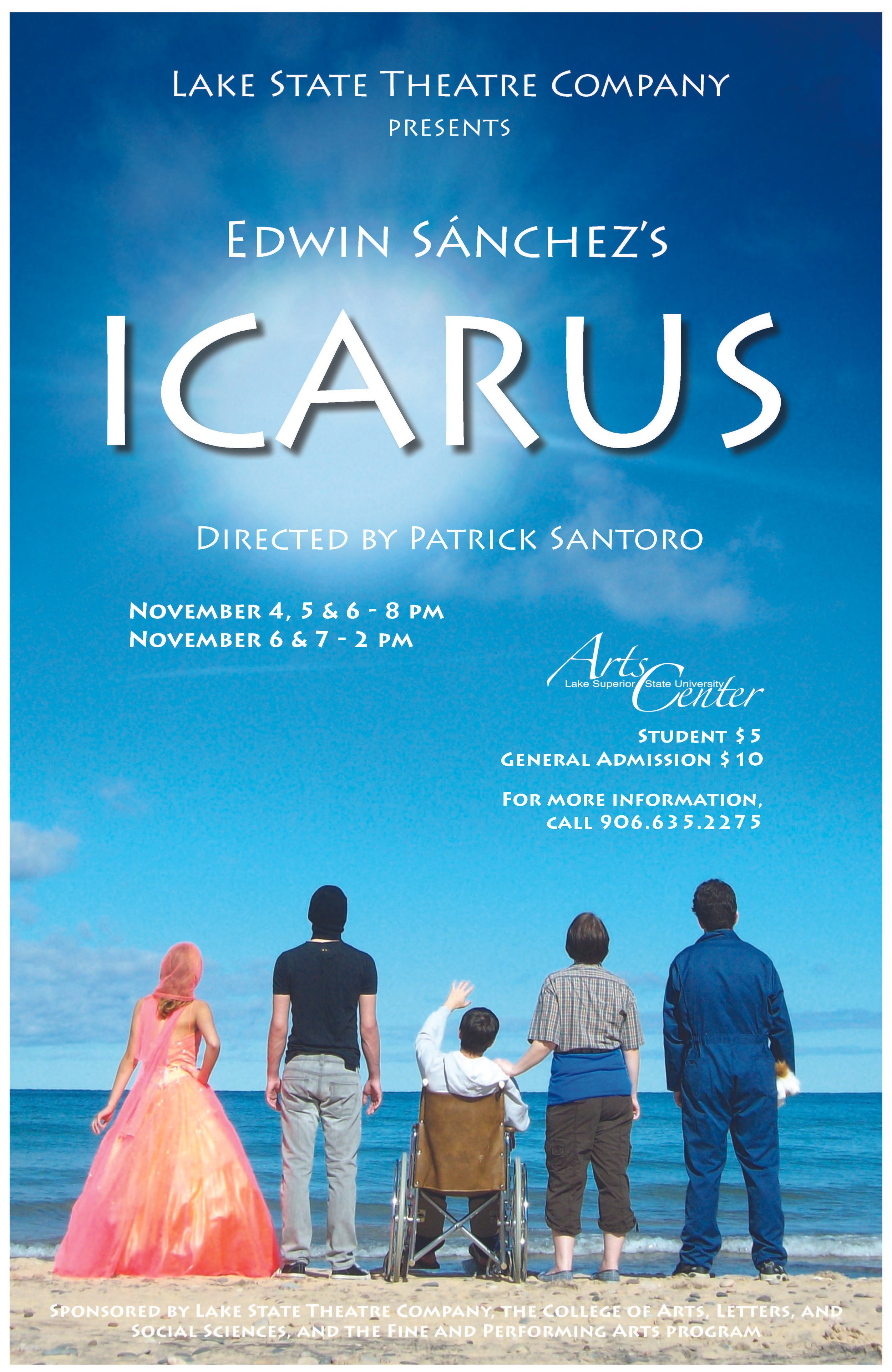

I Love Robot (2001), produced by Glamonstrosity, Inc. in Washington, D.C.
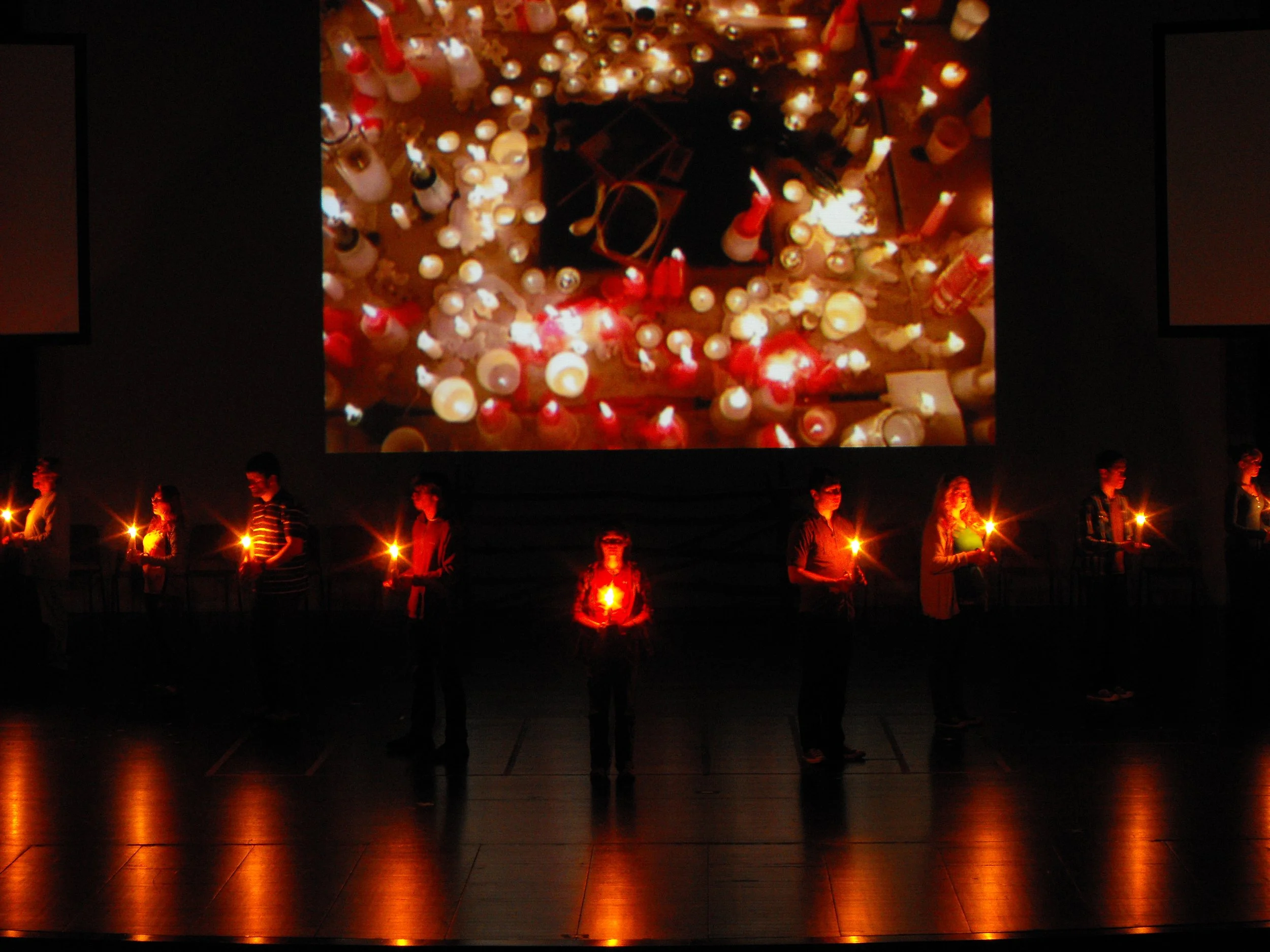
The Laramie Project (2011) at Lake Superior State University (Sault Ste. Marie, MI).
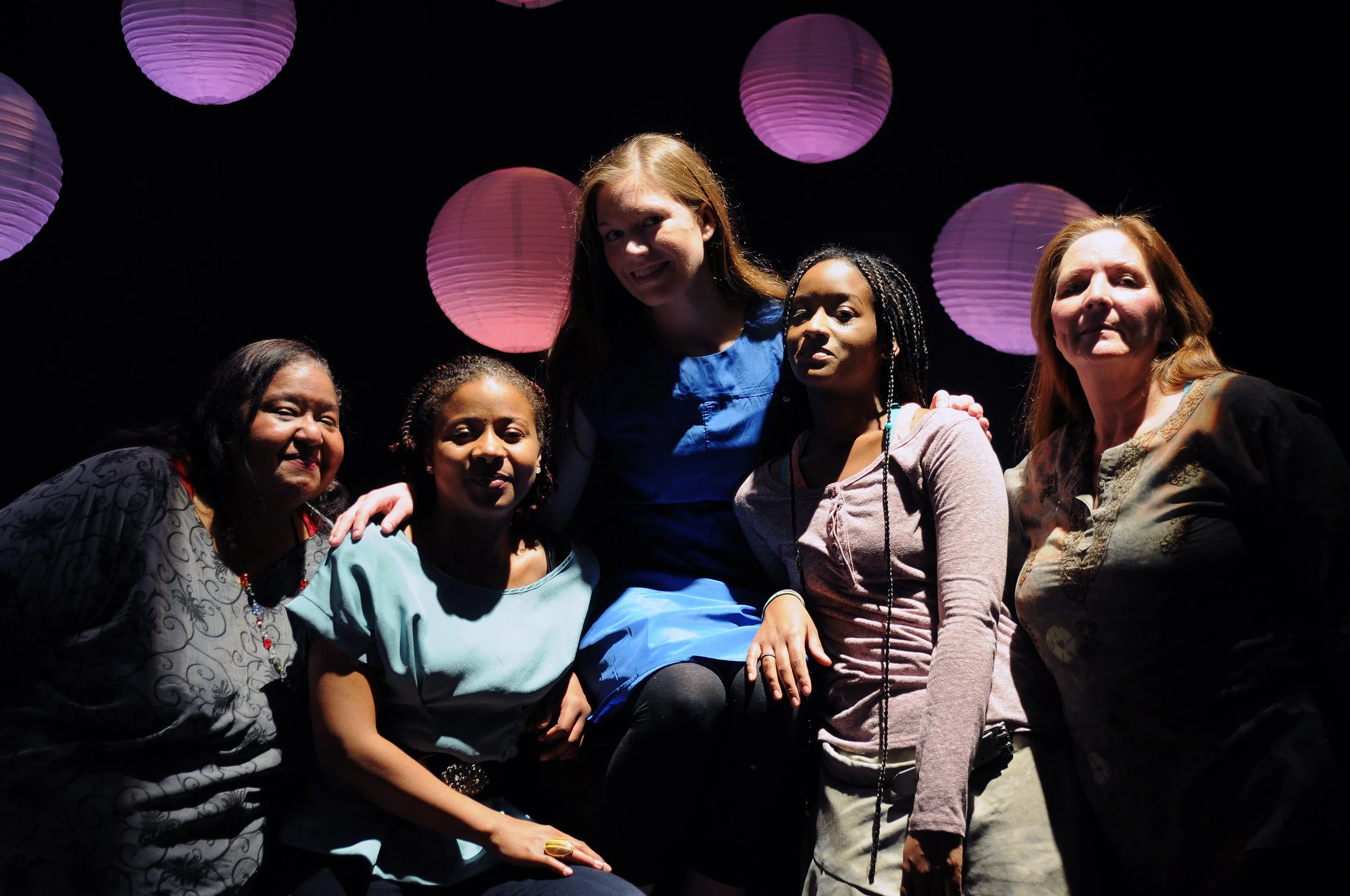
A... My Name is Alice (2013) at GSU. Photo credit: Jerry Slowik.
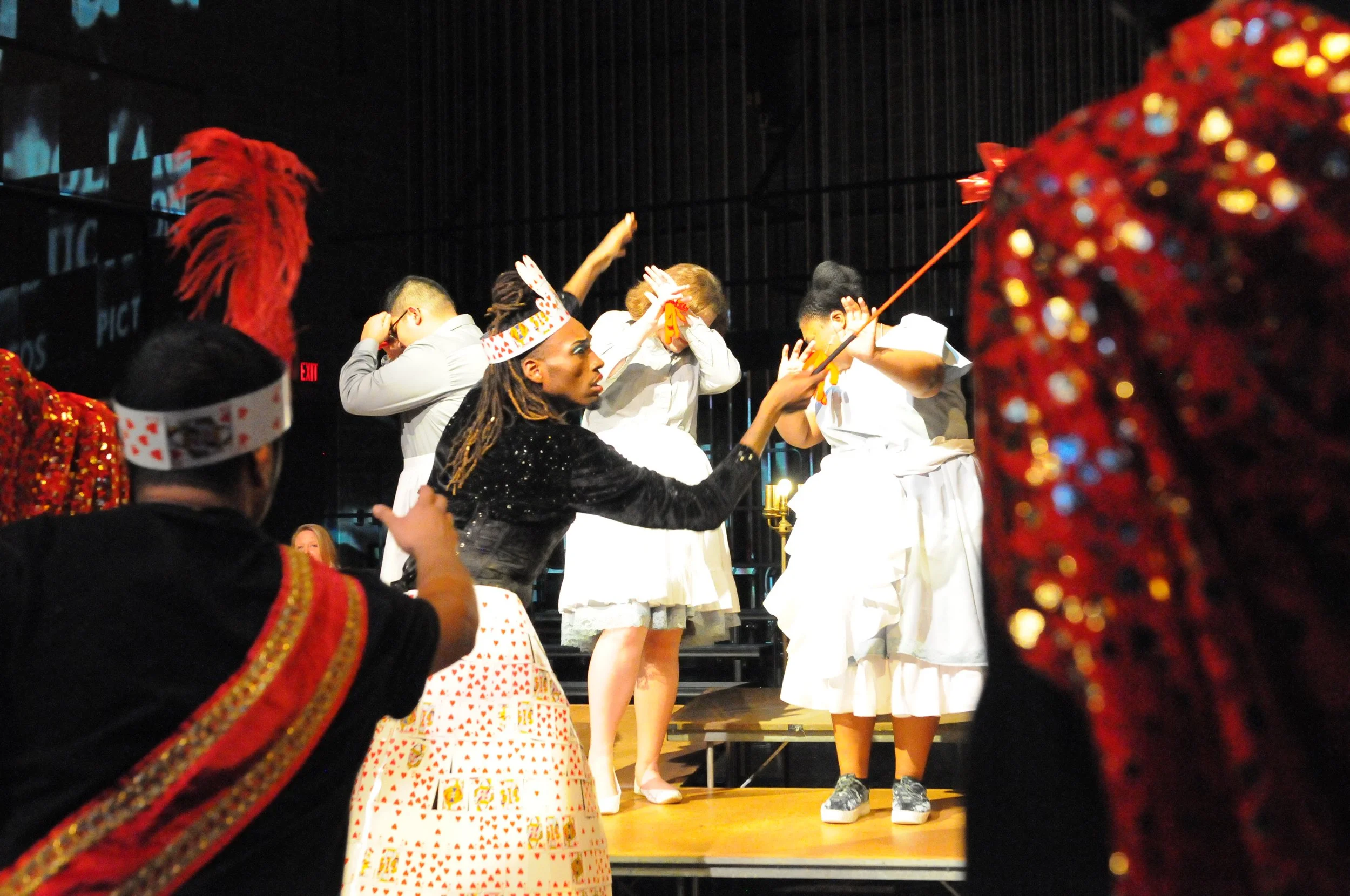
Alice in Wonderland (2018) at GSU. Photo credit: Jerry Slowik.

Cloud 9 (2022) at GSU. Photo credit: Lane Cameron.

for colored girls who have considered suicide/when the rainbow is enuf (2018) at GSU. Photo credit: Jerry Slowik.
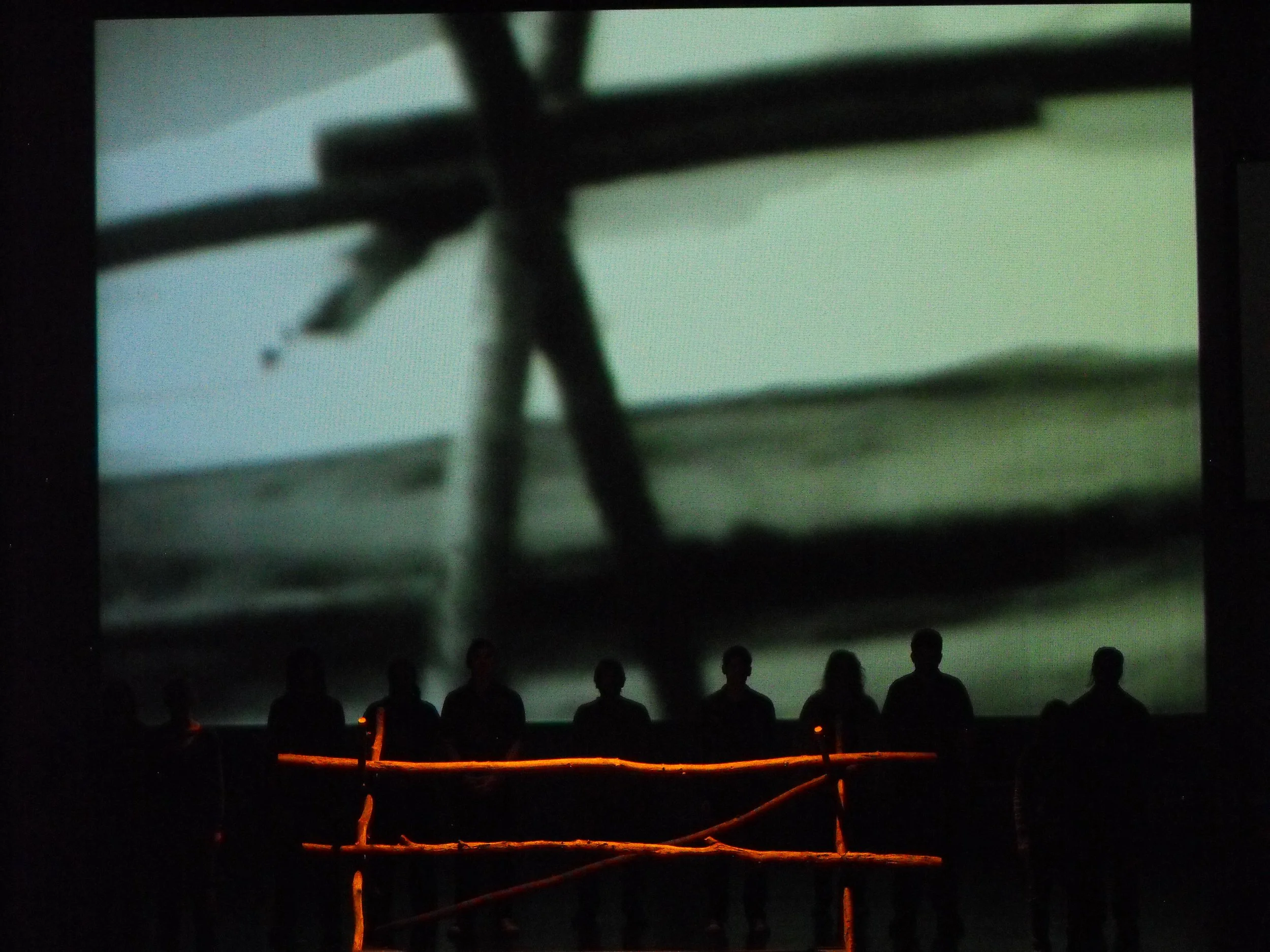
The Laramie Project (2011) at Lake Superior State University (Sault Ste. Marie, MI).
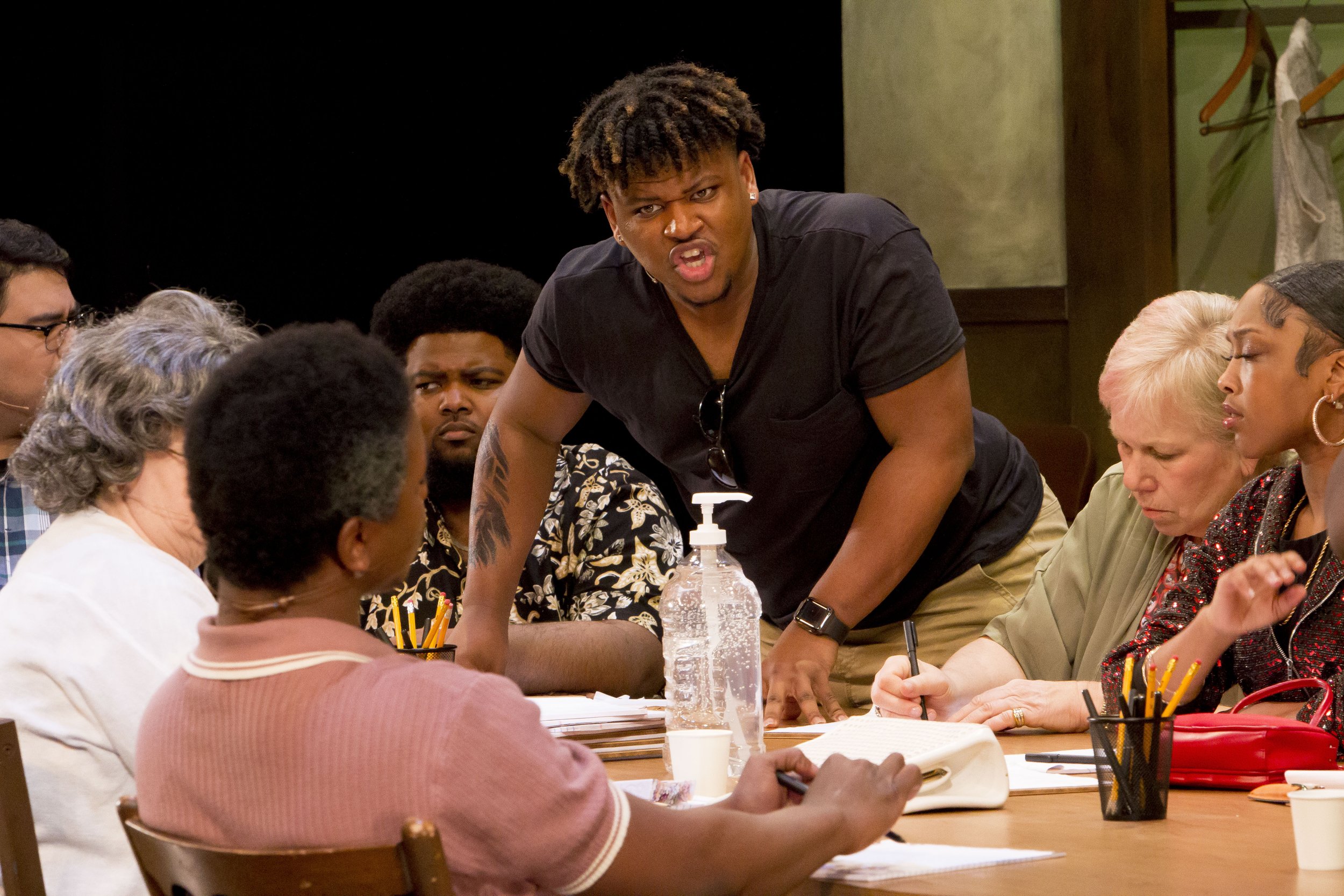
12 Angry Jurors (2022) at GSU. Photo credit: Lane Cameron.

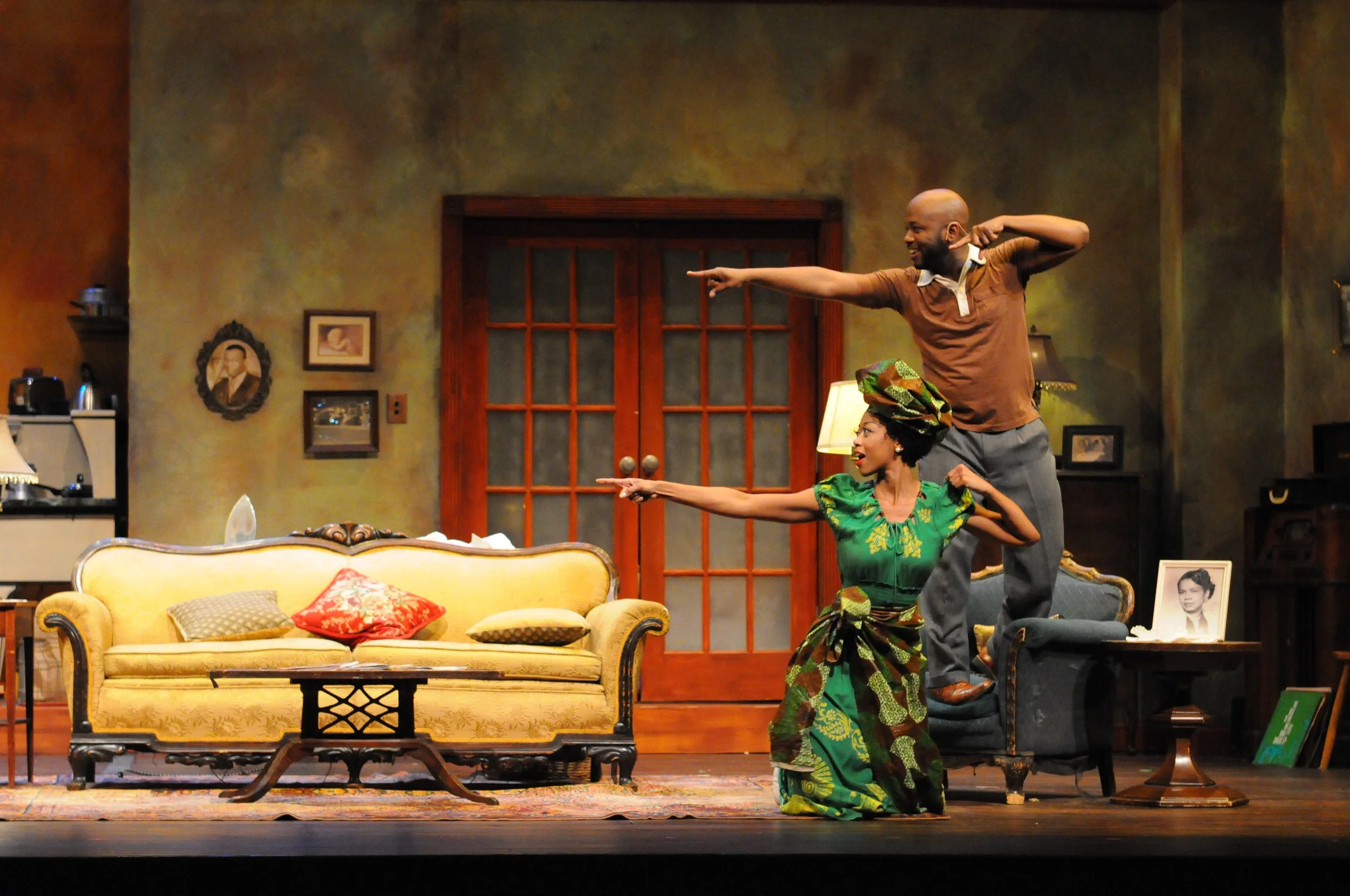
A Raisin in the Sun (2014) at GSU. Photo credit: Jerry Slowik.
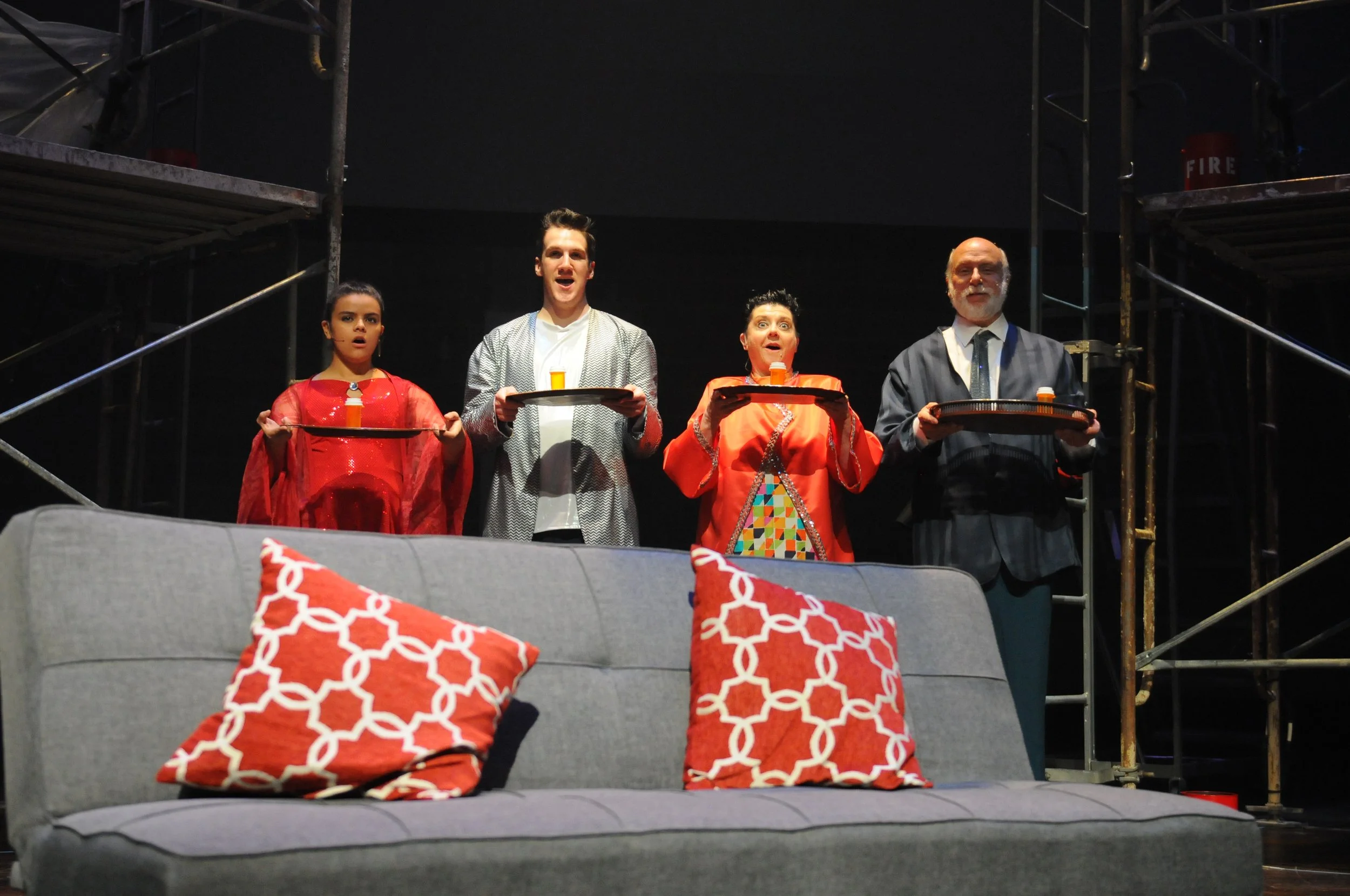
Fahrenheit 451 (2015) at GSU. Photo credit: Jerry Slowik.
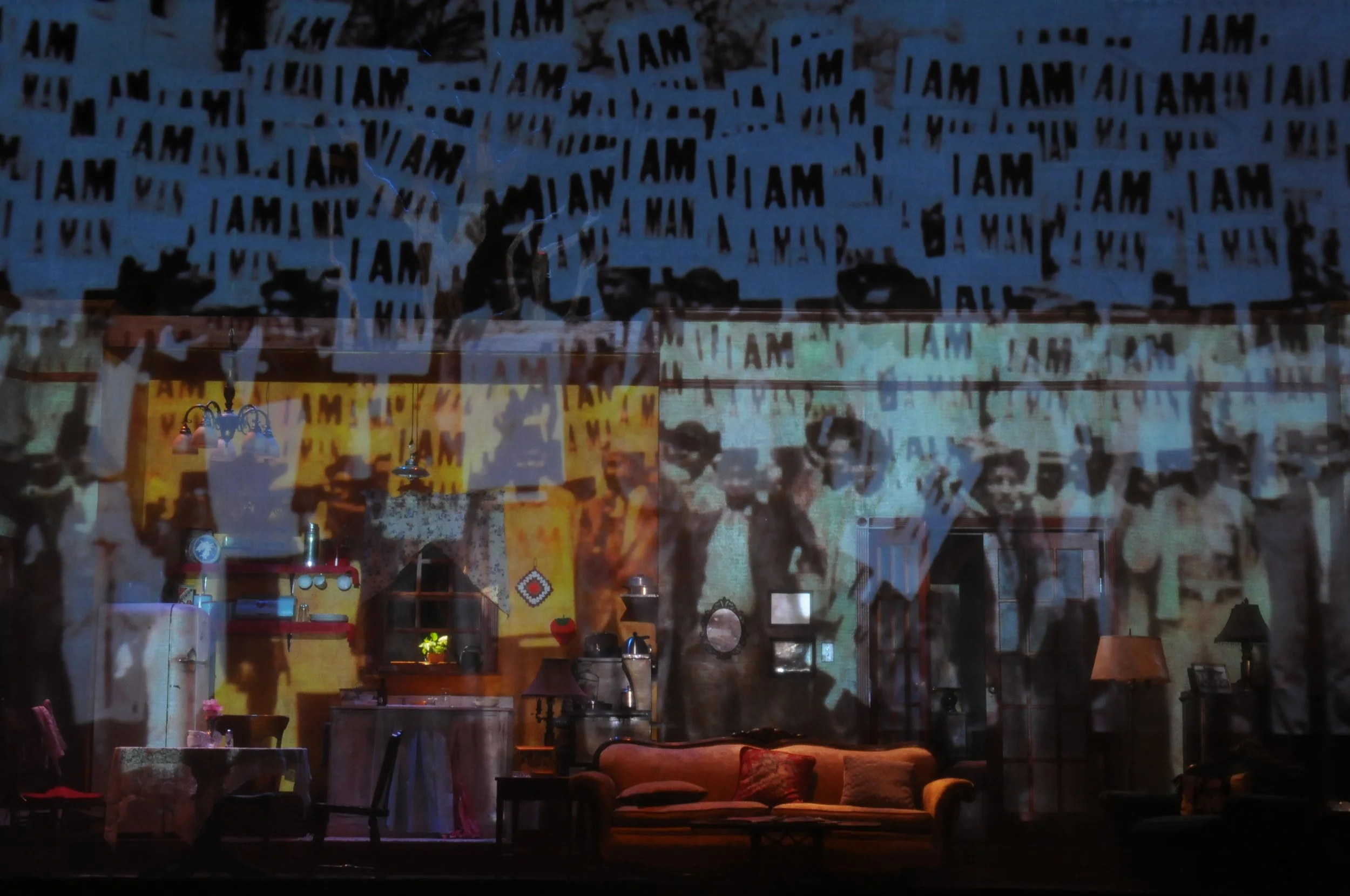
A Raisin in the Sun (2014) at GSU. Photo credit: Jerry Slowik.
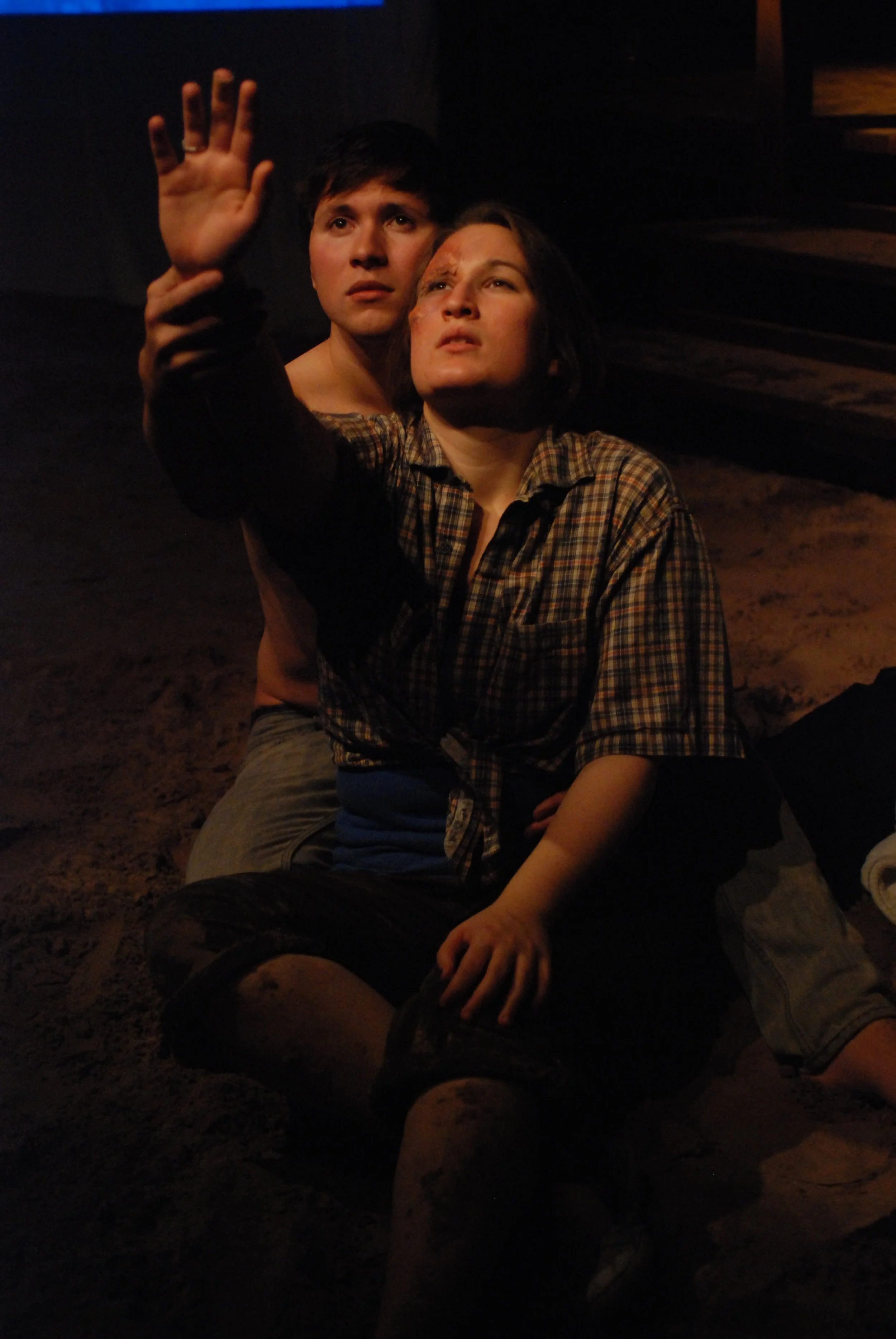
Icarus (2010) at Lake Superior State University (Sault Ste. Marie, MI). Photo credit: Dani Ammel.
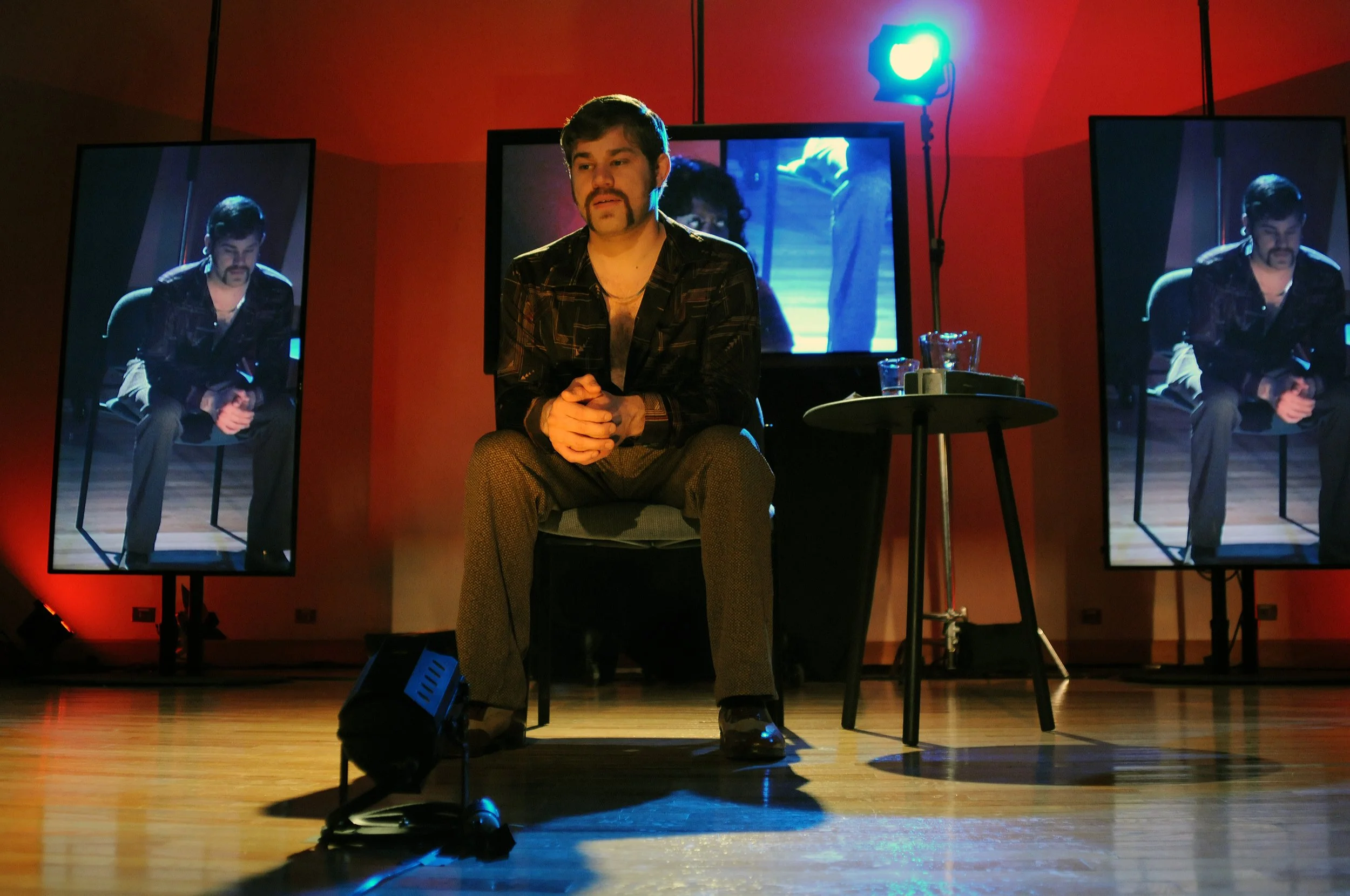
Still Life (2014) at GSU. Photo credit: Jerry Slowik.
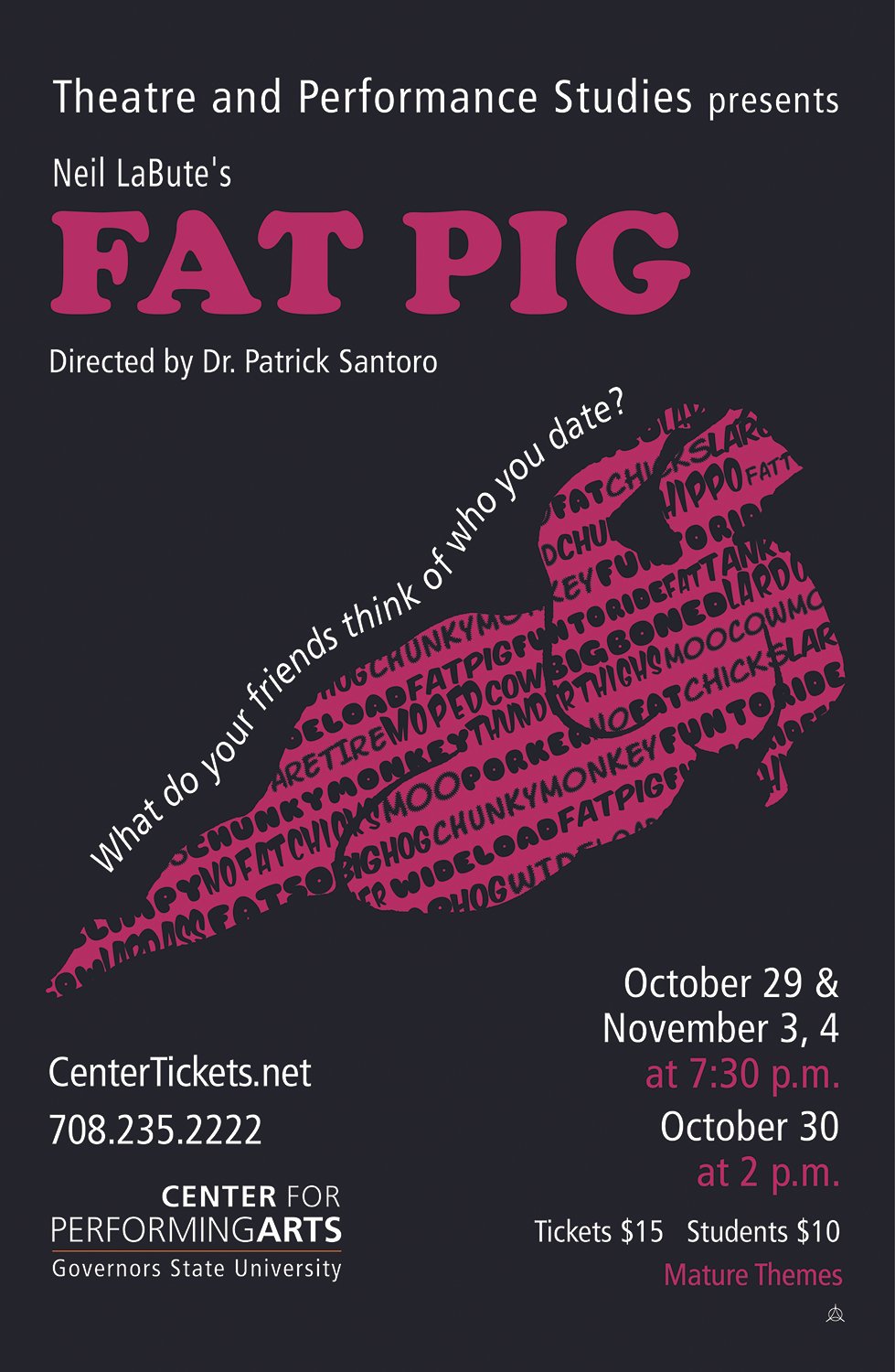
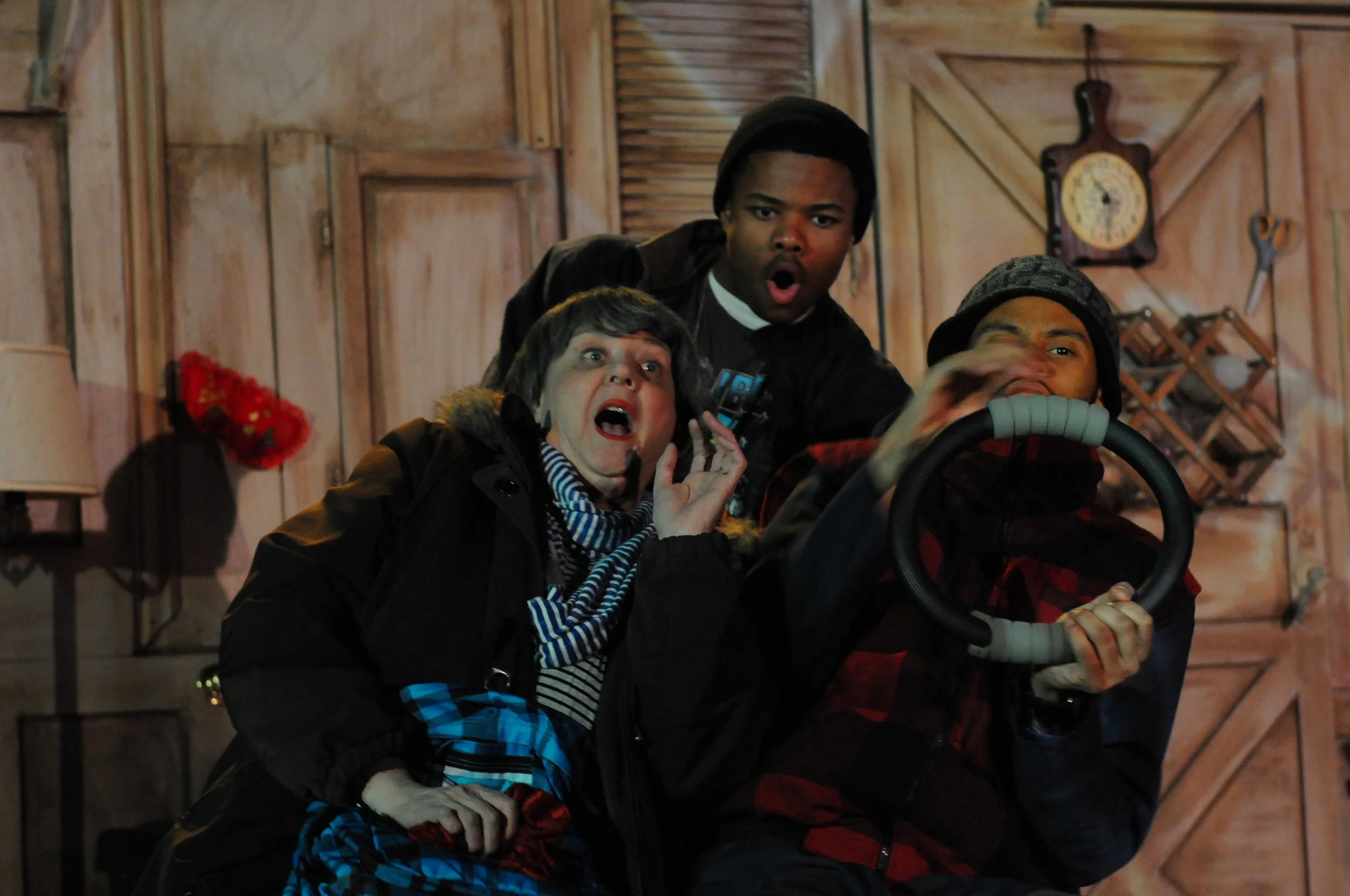
Kimberly Akimbo (2015) at GSU. Photo credit: Jerry Slowik.
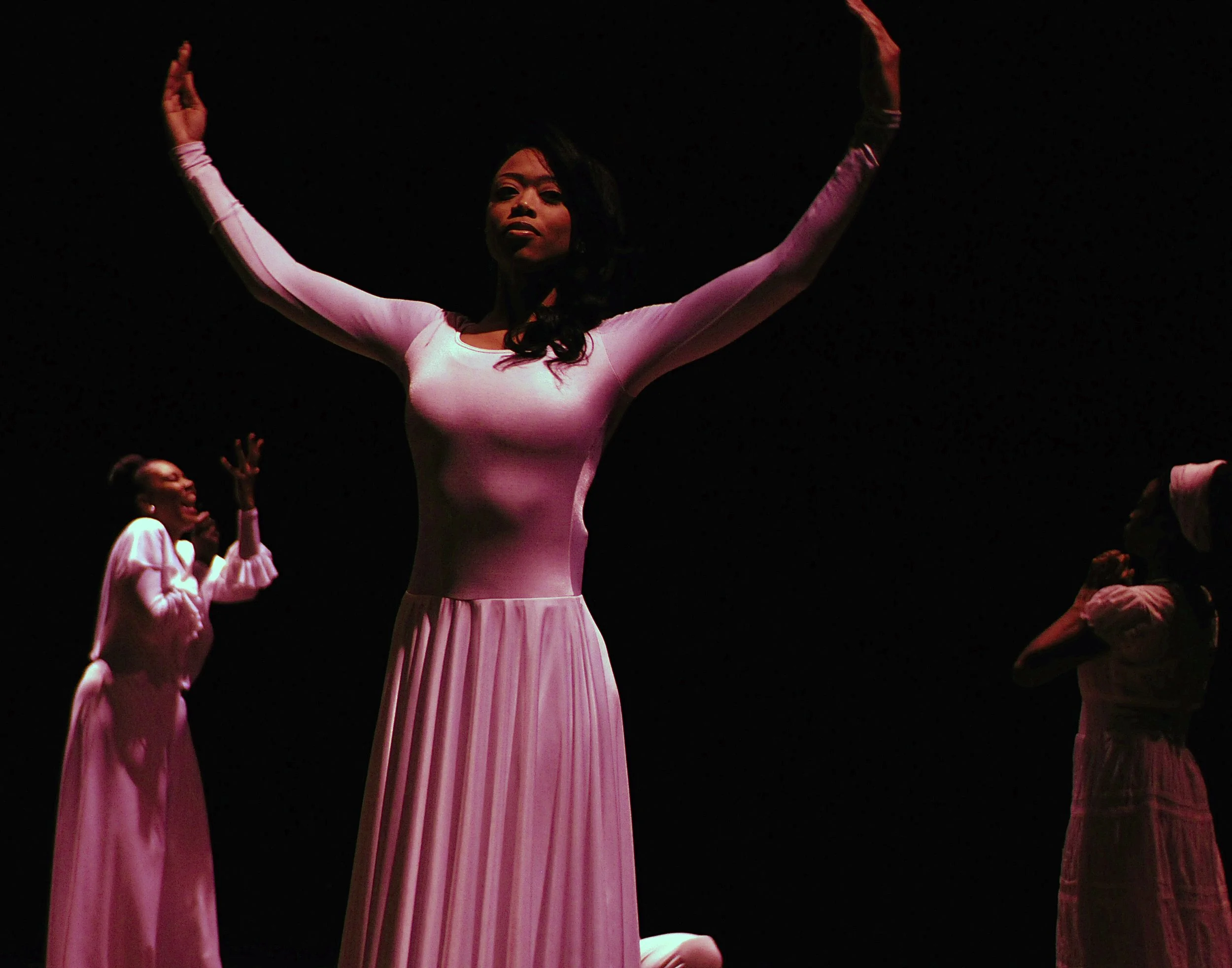
Anne Sexton's Transformations (2013) at GSU. Photo credit: Jerry Slowik.

bobrauschenbergamerica (2021) at GSU. Photo credit: Lane Cameron.
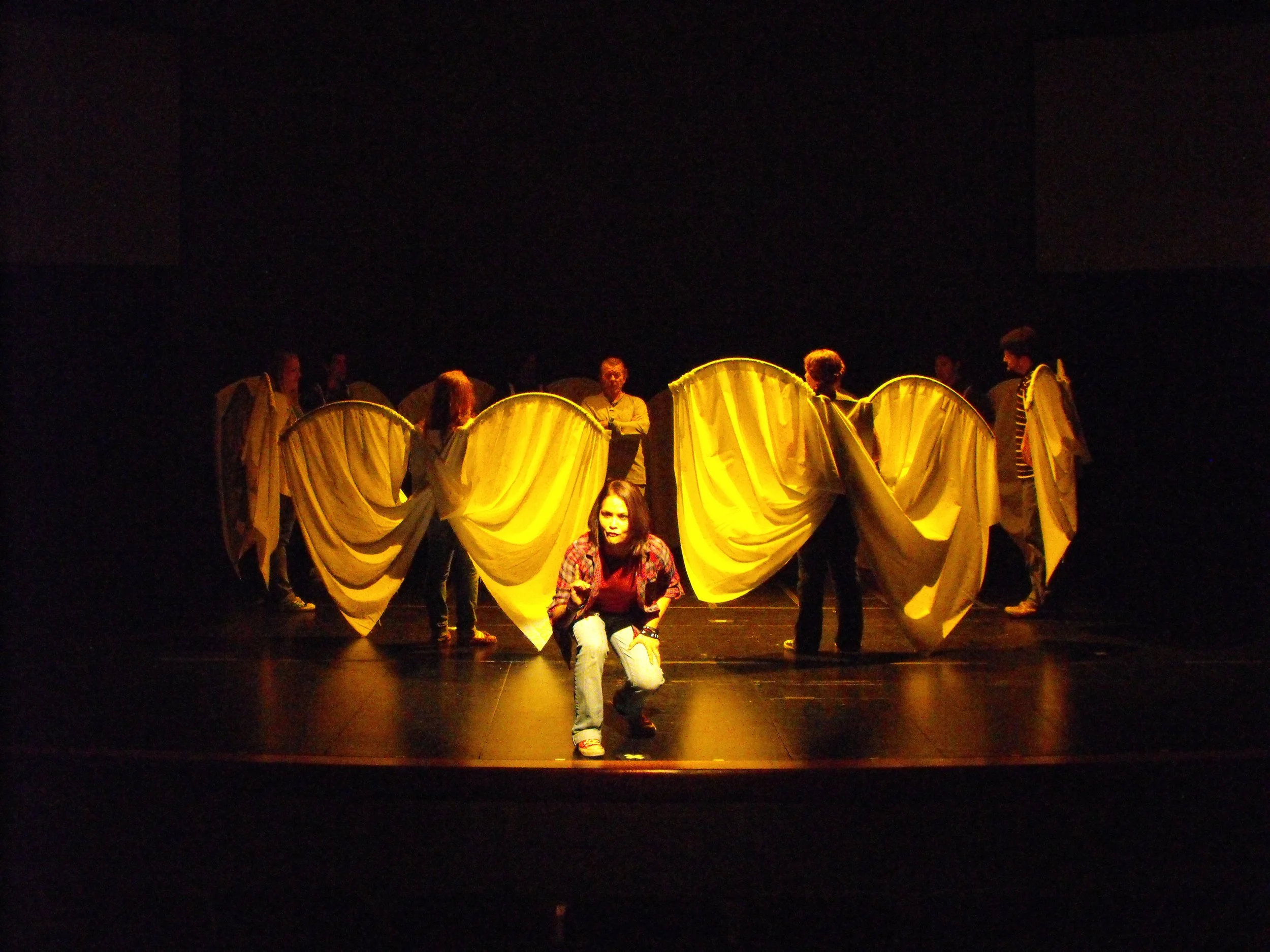
The Laramie Project (2011) at Lake Superior State University (Sault Ste. Marie, MI).
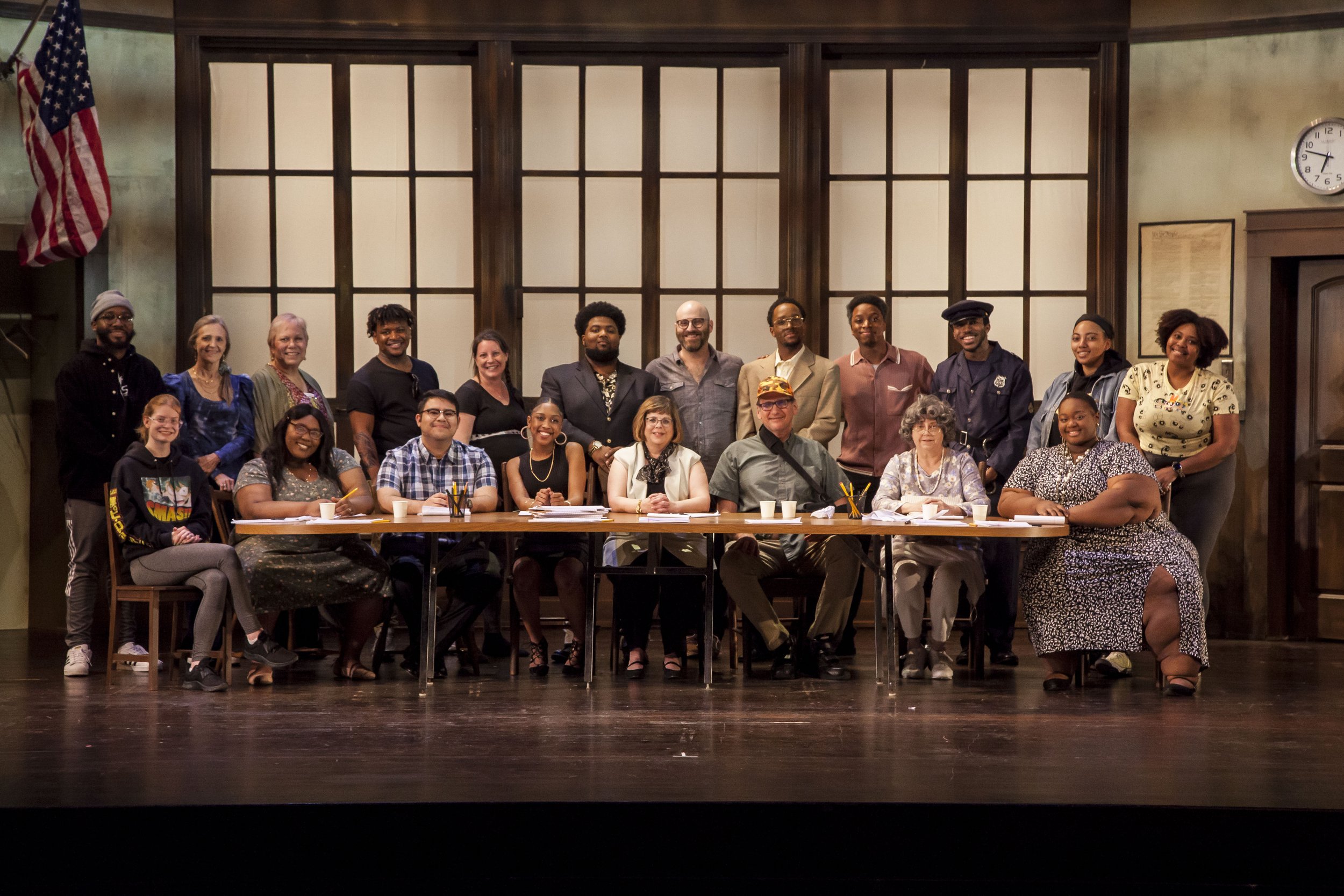
12 Angry Jurors (2022) at GSU. Photo credit: Lane Cameron.

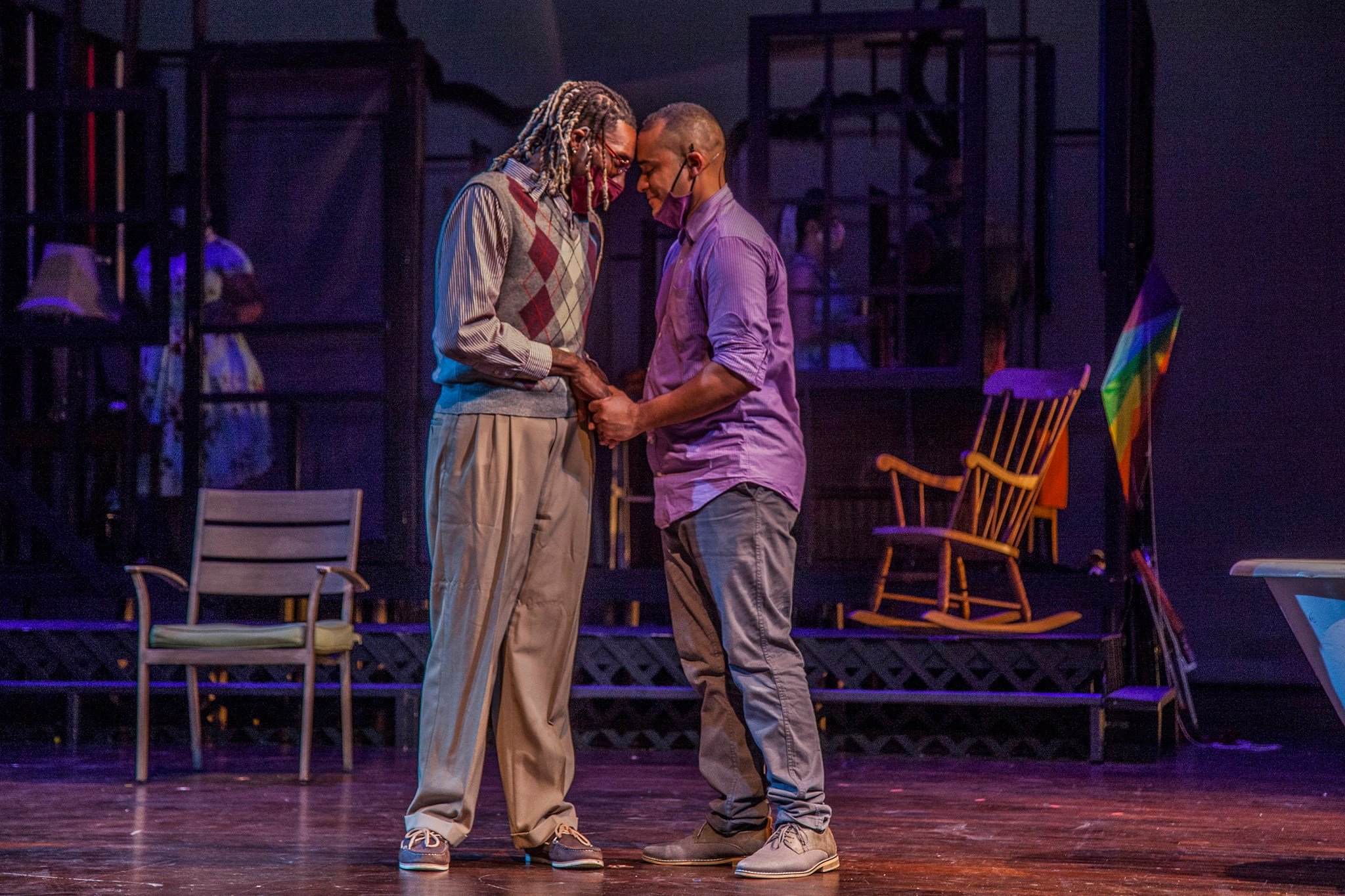
bobrauschenbergamerica (2021) at GSU. Photo credit: Lane Cameron.

The Exonerated (2024) at GSU. Photo credit: Lane Cameron.
“At the very first rehearsal for productions that highlight cultural experiences of which I have never known (or cannot know), I explain that I understand I am not the expert in the room. My role as the director is to foster the important conversations that lead to the contextual framework for realizing our shared vision together.”
As a director, I choose work that is pointedly political — productions that are intended to speak to the cultural moment; to resonate and challenge in provocative ways; and to initiate community dialogue about relevant social and cultural issues.
I am drawn to scripts that are conceptually rich and timely, those full of world-making possibilities both on and off the stage: stories of diversity and inclusion. Whether in the classroom or on stage, I believe in creating formative learning experiences for both students and audiences alike.
I began directing at a very early age with productions such as Feiffer’s People and Thornton Wilder’s Our Town. Following my undergraduate studies, I directed professional productions of new plays in Washington, D.C (I Love Robot, Something to Remember You By, and Male Point of View). I also directed Baggage, winner of the 21st Annual Washington Theatre Festival’s 10-Minute Play Competition.
Since earning my doctorate in Performance Studies, I have developed a diverse and comprehensive portfolio of directing work, including smaller, intimate blackbox dramas, such as Caryl Churchill’s Cloud 9, Neil LaBute’s Fat Pig, Edwin Sanchez’s Icarus, and Emily Mann’s Still Life, as well as large, sprawling epics in proscenium-style performing arts centers, such as The Laramie Project, Ray Bradbury’s Fahrenheit 451, and Charles Mee’s bobrauschenbergamerica.
During my tenure at Governors State University, I have enjoyed unique directing opportunities, such as Lorraine Hansberry’s A Raisin the Sun for the 50th anniversary of the Civil Rights Act, and Ntozake Shange’s for colored girls who have considered suicide/when the rainbow is enuf. While at GSU, I have a history of directing women-centered stories, such as an adaptation of Anne Sexton’s provocative spin on Grimm’s fairy tales, Transformations, and the musical revue A… My Name Is Alice.
Performing is a high-impact practice, and I am conscientious of how students and audiences think artfully and critically about the story/performance and its wider societal implications. At the height of the #MeToo movement in 2018, I staged an experimental, multimedia production of Alice in Wonderland, where the audience was asked to enter Alice’s house and reimagine her adventures from the perspective of childhood trauma and sexual assault. I cast 5 different actors to play the role of Alice, each representing another part of the survivor’s journey.
In 2022, I directed a production of 12 Angry Jurors, highlighting the time that has passed since the film was produced as 12 Angry Men in the 1950s. My intention was to draw connections between the historical and the contemporary, to facilitate conversations about where we are as a country, where we’ve been, and where we may be headed. What has changed? What has stayed the same? Are things better, or are they worse? In what ways? And for whom?
It was important for me that this production represent a more inclusive snapshot of modern America — the jurors were not just men. The production also emphasized racial diversity: What does it mean to have a Black woman as Foreperson in charge of the jurors? Or to see Black men in the roles of both protagonist and antagonist? Or that the white characters are older? Like many other productions I have helmed, 12 Angry Jurors was a modest bid toward a more equitable future and justice for all.